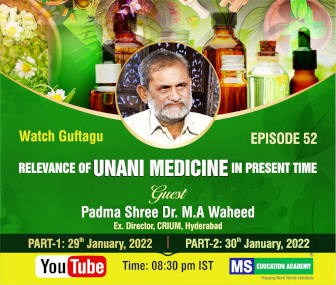Washington: While Hepatitis C can be now cured with the help of modern drugs, some patients go on to develop liver cancer after that. A research team has now developed a new tool that can determine patients’ cancer risk in a single examination.
The study has been published in the ‘Journal of Hepatology’.
Hepatitis C is a viral infection that is widespread throughout the world. For some years now it has been treated with modern drugs so that it can be cured in more than 95 per cent of cases. Despite surviving the viral infection, some patients who have developed scar tissue in their livers are left with a risk of liver cancer (hepatocellular carcinoma).
A six-monthly ultrasound scan is currently recommended as a screening measure for early detection, but this is inconvenient for patients and costly for the healthcare system.
Now, a research group from the Division of Gastroenterology and Hepatology at MedUni Vienna’s Department of Medicine III has developed a risk stratification tool that only requires a single, one-off examination.
Based on various non-invasive tests, the team led by Mattias Mandorfer and Georg Semmler was able to identify an algorithm that can assess the individual risk of liver cancer based on blood values and liver stiffness. This examination is performed at the end of hepatitis C treatment and also takes account of additional risk factors such as age and alcohol consumption.
This new tool serves to differentiate patients at very low risk from those at high risk. While the previous recommendation for ultrasound screening would not appear to be efficient in the case of patients at low risk of cancer, consistent monitoring is needed in the group of high-risk patients, said the researchers, pointing out the value of the study findings.
The study has already confirmed the predictive value of the algorithm in a group of patients from several European countries and it could greatly simplify follow-up procedures after hepatitis C treatment in the future.
“Our study has enabled us to build on our previous scientific work and take a further step towards personalised follow-up care in patients cured of hepatitis C,” added Mattias Mandorfer.
Stay connected with us on social media platform for instant update click here to join our Twitter, & Facebook
We are now on Telegram. Click here to join our channel (@TechiUpdate) and stay updated with the latest Technology headlines.
For all the latest Health & Fitness News Click Here

